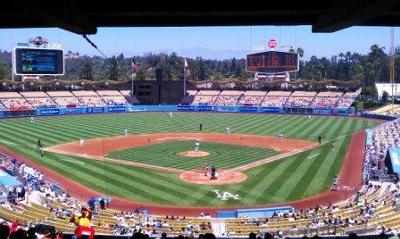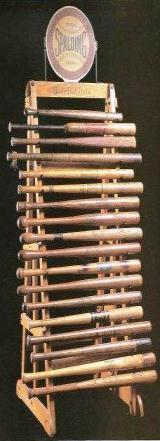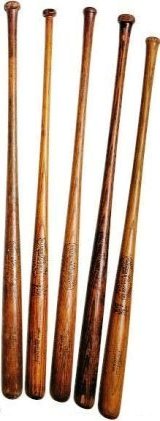Defensive Obstruction

Mike asked: Men on first and third, batter bunts the ball down the first base line, the two runners on first and third break to second and home. The 2b man collides with the runner going to 2b.
The umpire stops play and awards the batter first base and the runner from 1b gets awarded 2b, however he makes the runner from 3b return to 3b.
My question is,are all runners supposed to advance or do they only advance if the bases are loaded?
Rick answered: Mike, thank you for your question!
The rules pertaining to this situation are found in Rule 8-3 Base Running Awards and 2-22 Obstruction.
Rule 8-3 Base Running Awards Art 2...When a runner is obstructed (2-22) while advancing or returning to a base, the umpire shall award the obstructed runner and each other runner affected by the obstruction the bases they would have reached, in his opinion, had there been no obstruction.
If the runner achieves the base he was attempting to acquire, then the obstruction is ignored.
The obstructed runner is awarded a minimum of one base beyond his position on base when the obstruction occurred.
If any preceding runner is forced to advance by the awarding of a base or bases to an obstructed runner, the umpire shall award the preceeding runner the necessary base or bases.
Malicious contact supersedes obstruction. Runner(s) will be awarded appropriate base(s) per umpire judgement.
When obstruction occurs, the umpire gives the delayed dead ball signal and calls "obstruction". If an award is to be made, the ball becomes dead when time is taken to make the award.
Rule 2-22- Obstruction...Obstruction is an act (intentional or unintentional, as well as physical or verbal) by a fielder, any member of the defensive team or it's team personnel that hinders a runner or changes the pattern of play.
When obstruction occurs, the ball becomes dead at the end of playing action and the umpire has the authority to determine which bases shall be awarded the runners according to the rule violated.
So, a lot of baseball legaleeze! Let's look at your situation point by point, as it works itself through the rule in question.
It was all good, right up to the moment the 2b obstructed the base runner from first base. At that point, the umpire should have extended his left fist out to the side at shoulder height, which is the signal for a delayed dead ball, and called out obstruction.
The play should have been allowed to run it's course, at which point the umpire should call time, and make any determinations for bases awarded, and to whom.
Since the umpire didn't let the play run it's course, we will never know what awards he might have given.
If the runner from third scored on the bunt, that run should count. The runner from first should get a minimum of second base, and the batter/runner first base.
Had it played out that a throw to first became an overthrow, the runners would get their individual advances and obstruction would be ignored.
The umpire, in this case, was too quick to stop play and make a call. That quickness became a penalty for the offensive team, rather than the bonus is should have been.
Bet it got pretty exciting as that one worked itself through.
Yours in baseball,
Rick
Click here to post comments
Join in and write your own page! It's easy to do. How? Simply click here to return to Ask The Baseball Coach.
|





